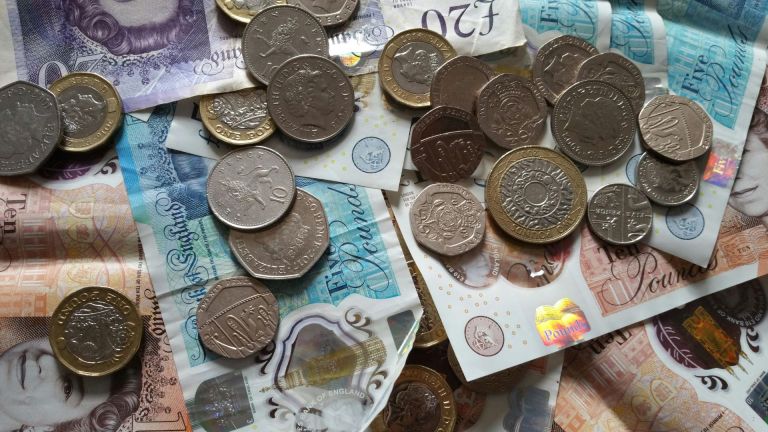A leading debt charity has warned that 4.6 million British households have been hit by a £6 billion “personal debt tsunami” thanks to the Covid-19 pandemic – and it could get worse if left unchecked.
StepChange say that they are gearing up for a doubling demand for debt advice at the end of the year as the economic fallout from the coronavirus crisis continues to be felt.
According to YouGov research, debt-ridden adults have already accumulated an additional £1,076 in rent arrears and £997 of debt on average as of late May.
The misery, damage and economic drag that will inevitably follow the pandemic can and should be mitigated through public policy
And with the lockdown period still in place StepChange estimates that 1.2 million people have fallen behind on their utility bills, a further 820,000 on council tax and 590,000 on rent. To make ends meet, the charity reckons that 4.2 million people have been forced to borrow, with 1.7 million using a credit card, 1.6 million turning to an overdraft while 980,000 opted for high-cost credit.
Elsewhere, borrowing money from family and friends, applying for Universal Credit and selling possessions have been the answer for those trying to keep their head above the water.
The research also suggests that 70 per cent of those pushed into debt were not in financial difficulty before the lockdown. But for those who were already struggling, the impact has been disproportionately hard with 45 per cent of those in severe problem debt reporting that their finances have been affected by Covid-19.










